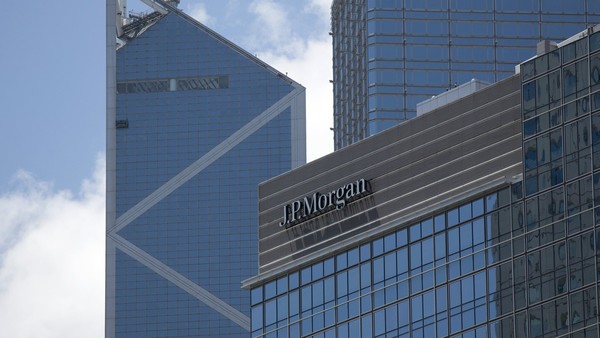
The failure earlier this year to pass muster for the initial public offering of Chinese pharmaceutical company Shenhua Health Holdings — the first such public occurrence for a global bank in Hong Kong — could hurt the bank’s IPO sponsorship business as it faces other reputational challenges in Asia, such as a US investigation into hiring practices in the region.
Listing the names of companies and banks that have performed inadequate work on IPO applications comes after several high-profile scandals rocked the HKex in recent years.
IPO sponsors are now legally liable for claims made in their prospectuses. Hong Kong’s Securities and Futures Commission has also warned investment bankers that they could no longer simply tick the boxes when preparing a prospectus.
In 2014, Tianhe Chemicals came under attack from a short seller that accused it of lying on its prospectus, just three months after its IPO. Morgan Stanley, the bank that sponsored and invested in the floatation, stuck by the company.
Last year, the SFC launched an investigation into Hanergy Thin Film Power Group following accusations that the company had manipulated its stock price.
In the latest incident, JPMorgan became the first global bank to feature on the Hong Kong Stock Exchange’s list of “returned” applications for IPOs, with its securities arm appearing March 29 alongside seven Chinese banks and small, local investment houses.
Industry watchers have dubbed the HKEx webpage that posts failed applications the “name and shame” list, because returned applications indicate shoddy or incomplete work.
Lawyers in Hong Kong said the incident could hurt the bank’s ability to find sponsorship business in the future.
“You don’t want to be publicly featured as a sponsor on this list,” said one lawyer. “Competitors will inevitably use this against them.”
The HKex does not comment on individual cases but a press release attributed the rejection of previous IPO applications to “insufficient financial information, failure to include important information and failure to address the exchange’s guidance given at pre-IPO enquiries stage”.
JPMorgan declined to comment. Two people with knowledge of the matter said the returned application was connected to a problem with due diligence. Another person said it was a problem related to disclosure.
The parent company of Shenhua Health Holdings, called Fufeng Group and based in Shandong province, could not be reached for comment. Hong Kong-listed Fufeng said last year that it planned to spin off Shenhua, which makes pharmaceutical and health products.
After an eight-week period on the list, the company and its sponsor may resubmit an IPO application.
The returned application was the latest of several reputational challenges to JPMorgan.
Late last year, several JPMorgan units were fined a total of HK$30m by Hong Kong’s Securities and Futures Commission for “internal control failings” related to short-selling and other activities.
In 2013, the US Securities and Exchange Commission and the Department of Justice launched an investigation into whether JPMorgan hired or gave internships to “princelings” — members of powerful, politically connected Chinese families — in the hope of winning more business.
The probe into potential infringement of the US Foreign Corrupt Practices Act, which has drawn in former JPMorgan China chairman and current Hong Kong Stock Exchange chief Charles Li, has yet to reach a conclusion.
______________________________________________________________________________________ 




























